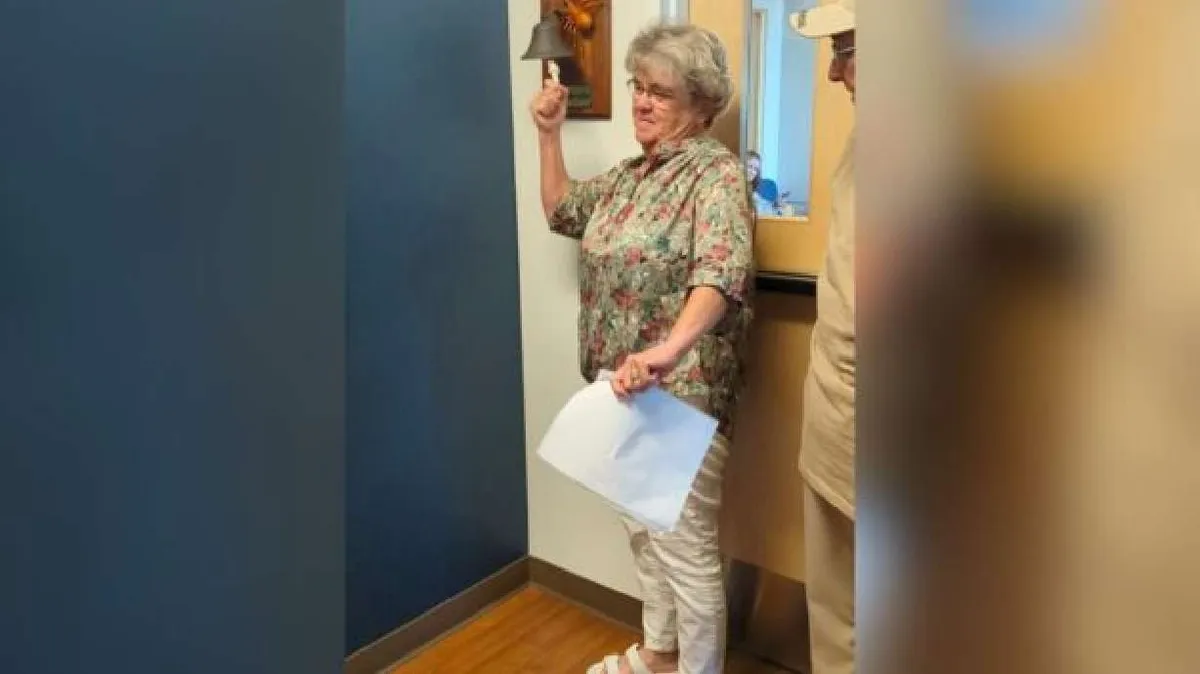
MURRAY — At 72 years old, Eva Brinley is an avid traveler who embraces life to the fullest. However, her life took an unexpected turn a few years ago when her physician recommended she undergo a colonoscopy. "I went in and had it done, and they found colon cancer," she recounted. This revelation marked a dark moment in her life. "I have lost many friends from different types of cancers, and so my first thought was, 'I'm done,'" she admitted.
In response to her diagnosis, Brinley underwent surgery to remove 15 inches of her colon. Following her surgery, she consulted with Dr. Mark Lewis, the director of gastrointestinal oncology at Intermountain Health. During their meeting, Brinley expressed her concerns about the potential side effects of chemotherapy. Fortunately, she learned that she was eligible for an alternative treatment known as immunotherapy. "A lot of patients, understandably, when you tell them they require chemotherapy, will refuse it," Dr. Lewis explained, highlighting the appeal of immunotherapy as a viable option for cancer treatment.
The goal of immunotherapy is to stimulate the immune system, enabling the patient’s own body to combat the cancer. While not everyone qualifies for this treatment, Dr. Lewis cautioned that there is a risk of developing an autoimmune disease with immunotherapy. "I'm not going to pretend that these treatments have absolutely no side effects, but for the most part, these treatments are far more tolerable than chemotherapy," he noted.
Brinley began her immunotherapy treatment, receiving IV infusions every three weeks for two years. Although she experienced nausea initially, she reported no other significant side effects. "It was very successful, and I'm in remission," she shared, adding, "I feel great. I feel really good. Strong and healthy."
Despite the challenges of her cancer journey, Brinley has maintained a positive outlook, focusing on her family and her faith. She is now passionate about encouraging others to prioritize their health, especially since she exhibited no symptoms before her diagnosis. "I just can't stress enough how important it is to do those checkups," she emphasized. "Stay healthy. Eat right. Have your checkups, and be aware."
Colorectal cancer is the second leading cause of cancer-related deaths and the third most commonly diagnosed cancer in the United States. While some individuals, like Eva, may not show any signs, potential warning signals of colon cancer can include persistent abdominal pain, changes in bowel habits (such as constipation or diarrhea), blood in the stool, and unexplained weight loss.
Experts recommend that individuals at average risk for colon cancer begin screening at age 45. To prioritize your health and schedule a colonoscopy, visit the Intermountain Health website today.